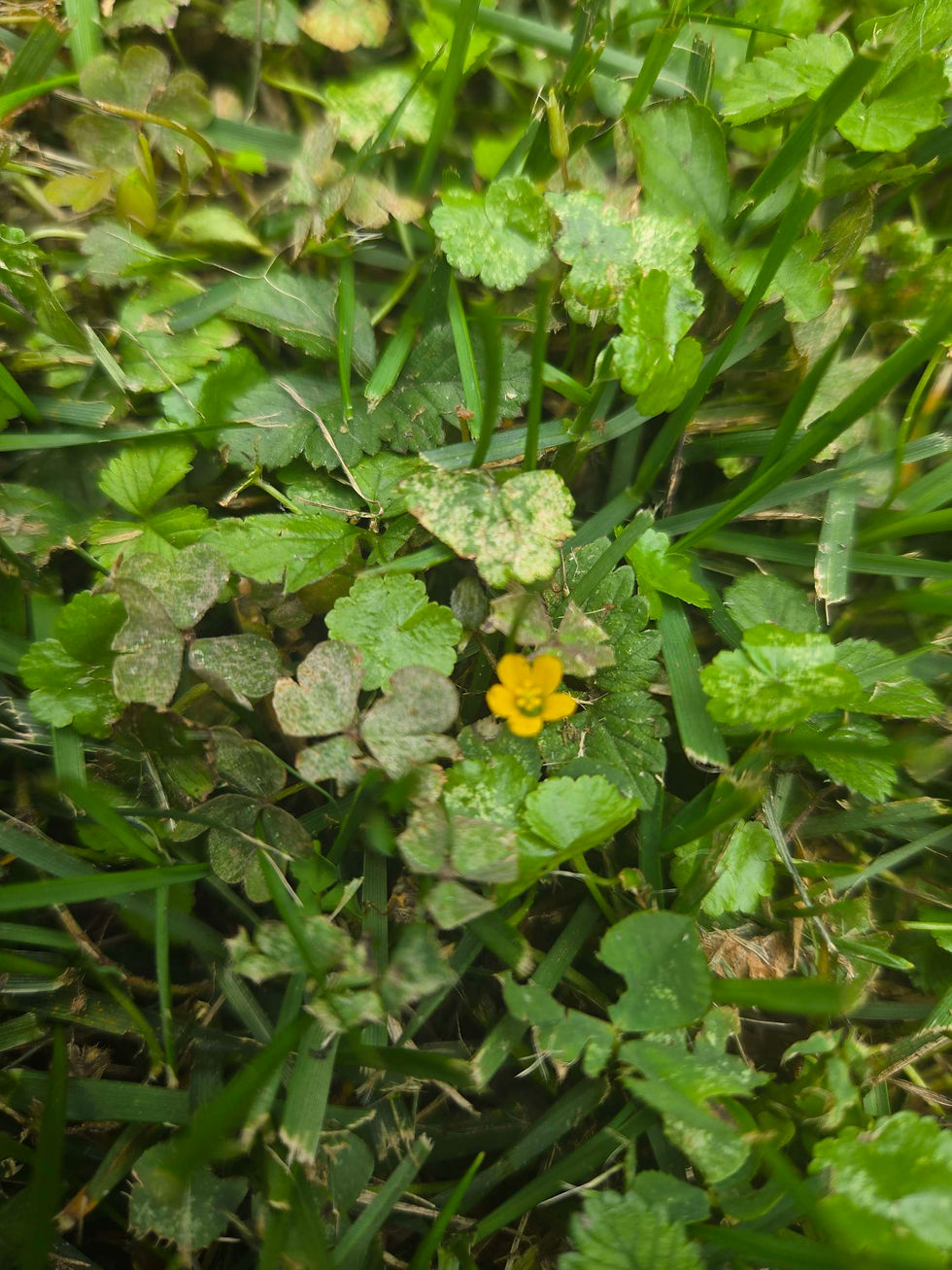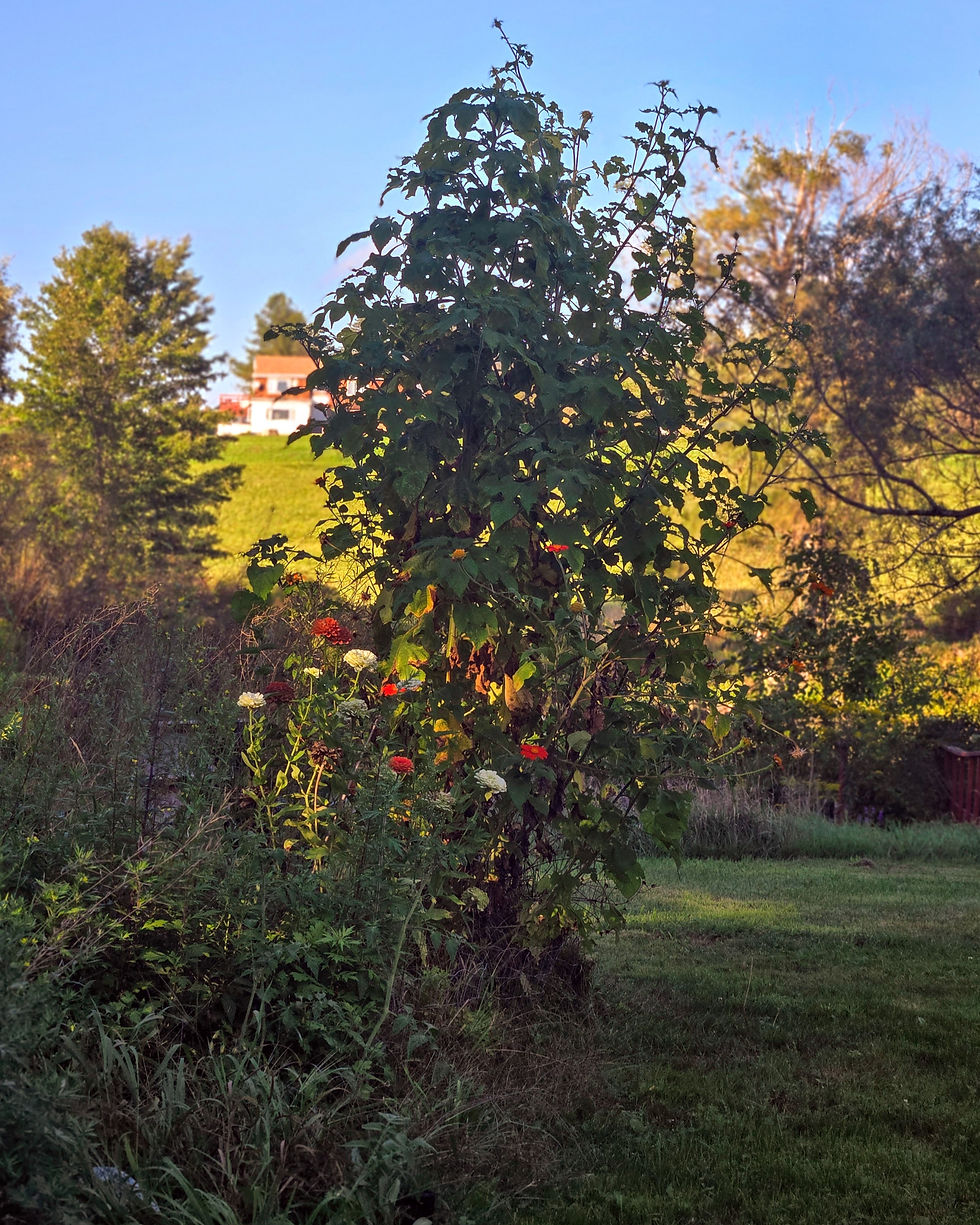Avengers of 2.90
- Janelle Lawrence

- Sep 28, 2024
- 3 min read
Months, maybe even years ago, each of these everyday people with everyday roles was brought together for a mission. Was it through government forces? Militarized camps funded at top dollar, all to recreate moments they call scenes. In these scenes, the emotional impact of each party is unseen; the lives affected by their actions don't matter. All that counts is the reenactment—scenes that, in real life, have very real repercussions. Every tree planted, every brick stacked—red, burgundy, rustic orange—connected by thin gray lines, a few shades away from the uniforms they wear daily.
But who are you under that uniform? Who takes your children to school? Whose hands tuck them in at night, wash your face, cup clean water, and use the clean toilet you own? Without that protection, where would you be? And is that protection even afforded to your children?
Each scene brings a new reenactment, lasting anywhere from 5 minutes to 3 hours. "Wars weren’t won in classrooms," they say. Yet even Jim Jones knew: if you strip them of critical thinking by giving them rhetoric in a shiny book with all the words cut out, leaving only a weapon inside, you've created a fluid & specific narrative. "Choose safety"—and what better safety than putting yourself above life—other lives—in these “scenes.”
When the scene is real life, it reads like a transcript: "X is located at the corner of Smith and West, over and out." Like a video game, suddenly you see only the lens, the goal, the tactical objective. Because, no matter how real it feels, to them, it’s just a scene.
And when the scene is done, you’ll take off your costume. Your mind will call “cut,” and you won’t see the cleanup crew map out your carnage. You won’t witness the next scene, where people in white coats, black jackets, jeans, and sneakers walk through, spiking your tracks. Not until the final cut.
Who are you when you sit in your seat at that final cut? Who are the avengers? Do they all have shiny suits and brazen weapons? Did they manage to turn the sweet tree into a means for destruction? Does it all seem necessary? Does it meet the quota? In this film of our lives, in this never-ending documentary of the New York subway, where the warriors of 2.90 are justified to kill, cut with their words, ruin days, lives, and lineages in the name of order—does it meet your expectations? Does it recoup? Do you feel recouped?
I feel enraged.
Yet, in my rage, I continue to breathe. Because my scene, my energy, my lineage—these things are too important to abandon. I don't know about you, but I am exhausted. When I can’t write, work, or live up to the expectations of the TV series of my life, I find myself lying in the grass, wondering if the ants feel me. Am I one with their world or an intrusion? Am I their avenger or just an average human?
I watch the grass breathe in that subtle way it does—how it bends, loops, lays, and strikes; how it becomes one with the soil, the sun, and everything around it, while still just being itself. I focus on the sweetness and softness within me, and remind myself to be as flexible as the grass. To hold my anger and hurt with the same care that the sun and soil give the earth. I remember to breathe. And sometimes, I forget. This gift I give to myself without a reminder—but when I do remember, that breath can be life-saving support.
I breathe through my heartache and my anger.
I breathe with my softness and sweetness.
I forget, and I remember.
I am, I exist, even when I think I’m not, and don’t.
I breathe.


![Reformed Sad [ex]Girl Saved by Flowers](https://static.wixstatic.com/media/530e05_baaa1d9dfb1540d594f2835ee2a5c5e7~mv2.jpg/v1/fill/w_980,h_1307,al_c,q_85,usm_0.66_1.00_0.01,enc_avif,quality_auto/530e05_baaa1d9dfb1540d594f2835ee2a5c5e7~mv2.jpg)


Comments